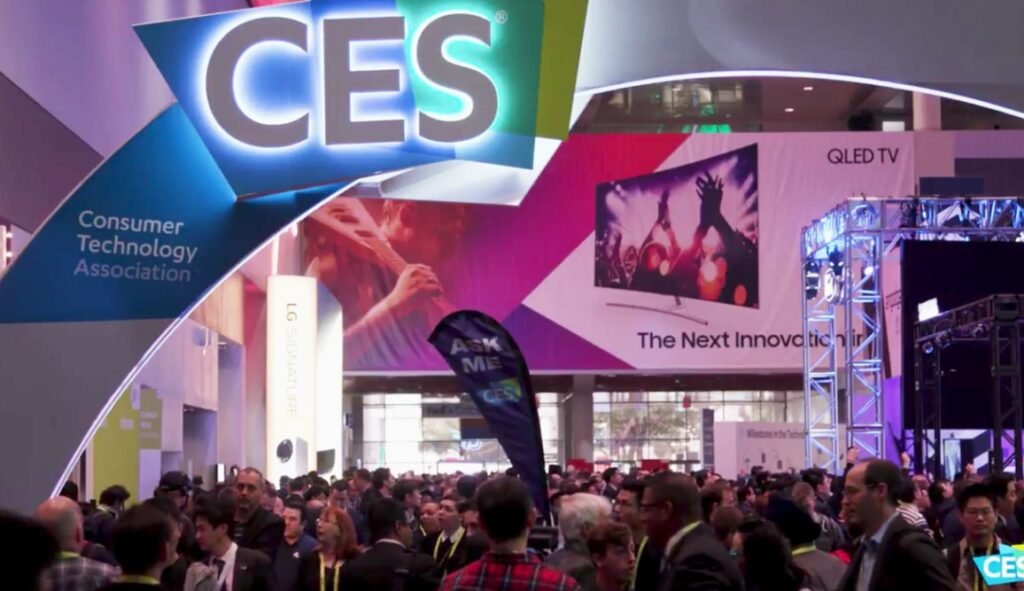The annual CES technology trade show in Las Vegas showcased a variety of robots and artificial intelligence (AI) devices that could revolutionize the hospitality and service industry. However, not everyone was impressed by the new gadgets, as some casino workers expressed their concerns about the potential impact of AI on their jobs.
One of the highlights of CES 2024 was the demonstration of robot baristas and chefs that could prepare and serve drinks and food with speed and precision. The Artly barista robot, for example, could create latte art with foamy milk, while the Yo-Kai Express robot chef machine could cook and deliver hot meals in minutes. These robots were designed to enhance the customer experience and reduce labor costs for businesses.

Some attendees were amazed by the performance of these robots, which could rival or surpass the skills of human workers. Others were curious about how the robots could interact with customers and handle complex orders. The developers of these robots claimed that they were equipped with advanced AI and sensors that could adapt to different situations and preferences.
Casino workers fear for their jobs amid AI advancements
However, not everyone was thrilled by the emergence of robotics and AI in the hospitality and service industry. Some casino workers in Las Vegas, who rely on their jobs for their livelihood, felt threatened by the possibility of being replaced by machines. They worried that their skills and experience would become obsolete in the age of AI.
These fears were not unfounded, as some resorts in Las Vegas had already implemented technology that could reduce the need for human labor. For instance, some hotels had introduced self check-in stations, automated valet ticket services, and robot bartenders. These technologies were meant to improve efficiency and convenience for customers, but they also posed a challenge for the workers who depended on tips and wages.
Casino workers union fights for job security and protection
To address these concerns, the Culinary Workers Union, which represents 40,000 casino workers in Las Vegas, negotiated new contracts with more than a dozen hotel-casinos on the Strip. The union demanded stronger job security and protection for its members, who were willing to go on strike and take a pay cut to achieve their goals. The union also sought to ensure that workers would receive training and opportunities to transition to new roles if their jobs were affected by technology.
The union’s secretary-treasurer, Ted Pappageorge, said that the union had been aware of the impact of robotics and AI on the industry for years, but the difference now was the combination of AI and robotics. He said that the union had to be more deliberate in its negotiations to safeguard the workers’ interests and rights. He also said that the union was not opposed to technology, but rather wanted to ensure that it was used to complement, not replace, human workers.
The future of hospitality and service industry in the age of AI
The CES 2024 showcased the potential of robotics and AI to transform the hospitality and service industry, but it also raised questions about the future of human workers in this sector. Experts said that technology could create new opportunities and challenges for both businesses and workers, and that the key was to find a balance between innovation and human touch.
Bill Werner, an associate professor in the hospitality department at the University of Nevada, Las Vegas, said that technology could enhance the quality and variety of services and products, but it could also create a gap between customers and workers. He said that customers still valued the personal and emotional connection with workers, and that workers still needed the dignity and satisfaction of their jobs. He said that technology should be used to augment, not replace, human workers, and that workers should be empowered to learn new skills and adapt to new roles.
